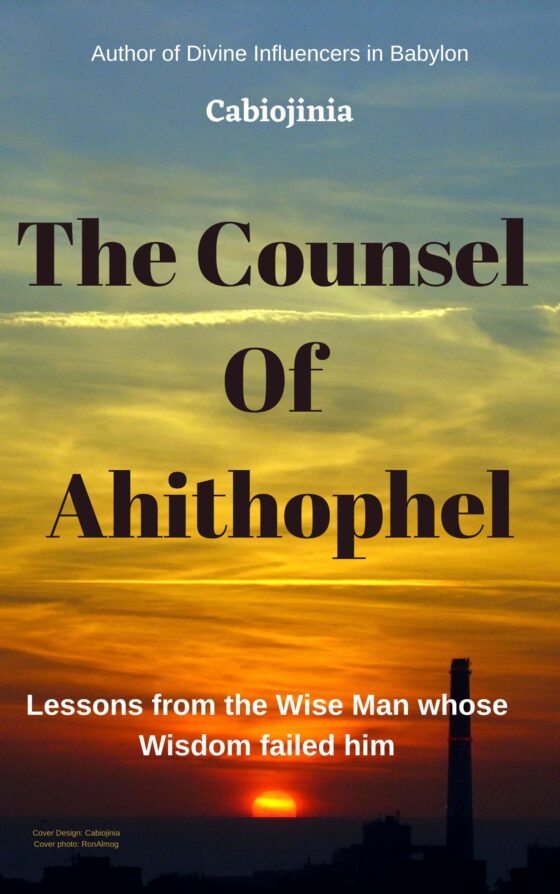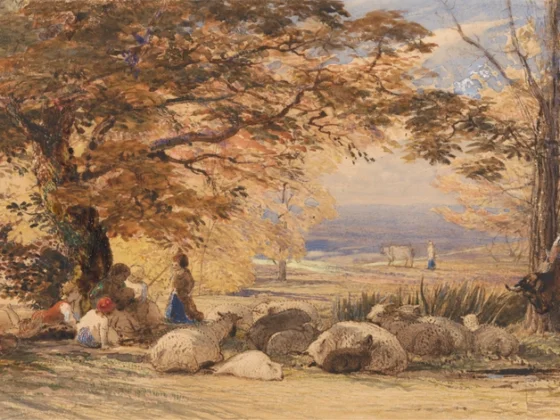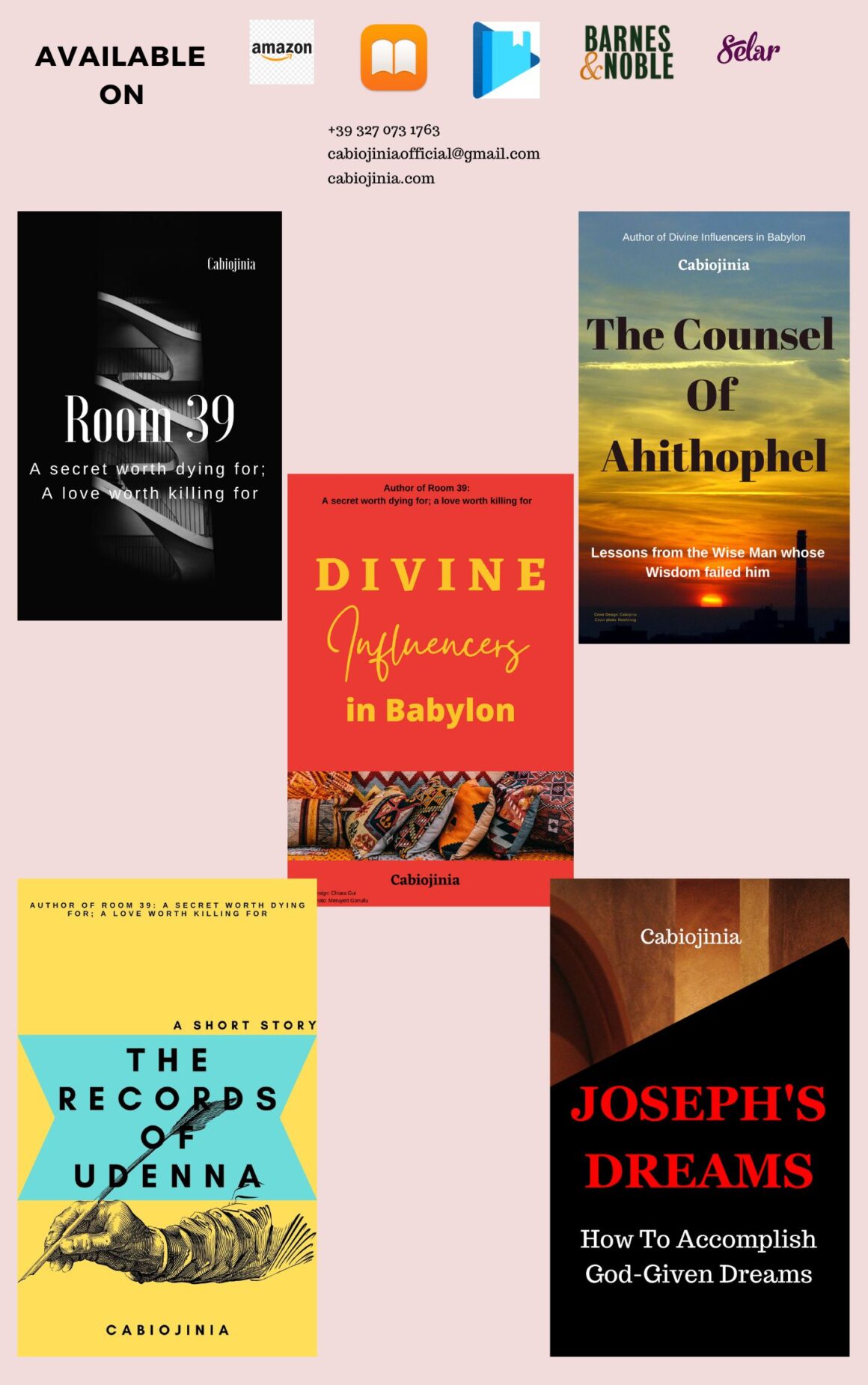In Numbers 10:29-31, we see an interesting interaction between two mature men who were leaders in their capacities. One was a leader of millions of people who were leaving the land of bondage for a land of freedom. The other was a leader of his family and presumably an heir apparent to the priestly office his father had held. The former is Moses, and the latter is Hobab, the brother-in-law of Moses. The Hobab referred to in this passage is the son of Jethro, Moses’ father-in-law, who is also called Hobab in another passage of the scripture.
So, Moses asked Hobab, the son of Jethro, to go along with them instead of returning to Midian, his land. Moses told him of God’s promises to Israel and promised Hobab that he would partake of the goodies of the land if he stayed with Israel. Hobab initially refused, citing his desire to be with his kindred as reason.
It seems that after the initial refusal, Hobab agreed to stay. But for that to take place, Moses had to convincingly state the purpose of his plea. It couldn’t just be that he wanted Hobab to enjoy the fruits of Canaan, for Hobab was already feeding well in his own land.
What interests me in this passage is the purpose for which Moses asked Hobab to stay. That is found in Numbers 10:31. It reads, “But Moses said, please do not leave us. You know where we should camp in the wilderness, and you can be our eyes.”
The children of Israel were in the wilderness of Paran and on their way to Canaan. Remember that they had not gone that way before to know the intricacies of the route. Although God led them, Moses needed another pair of eyes from someone who knew that wilderness.
This should not be seen as a lack of trust in God or faithlessness for Moses had implicit trust in God. It should be seen from the perspective of doing his human duty of engaging experience, which Hobab had.
Moses was a military man in Egypt before he fled to Midian, he was the heir apparent to the throne, so he must have been trained not only in Egyptian literature but in military skills. Otherwise, how would he be able to kill an Egyptian who was smiting a Hebrew? He also showed that he is a trained combatant when he drove away the shepherds who had always disturbed the daughters of Jethro at the well (Exodus 2:11-12,16-19). So, as a leader and drawing from his military knowledge, he understands the value of having someone with knowledge of the wilderness.
Hobab’s understanding of the wilderness was vital because he possibly knew where there was pasture for cattle, the location of the enemy camps, where to find fuel for the fire, water for the people and other travel directions. So, having him in the camp of the Israelites was an addition. After all, strangers were allowed to live in Israel and abide by the same laws and ordinances that God gave unto Moses.
Dear reader, here is the lesson: That God is leading you doesn’t mean that you should not make plans or employ the services of experienced people. Where those plans and services contravene divine instructions you stop. But God expects you to plan and not leave your responsibility to him. God remains your ultimate leader; if the cloud doesn’t lift, no one moves a foot to journey to Canaan, but he expects you to play your part in the preparation.















